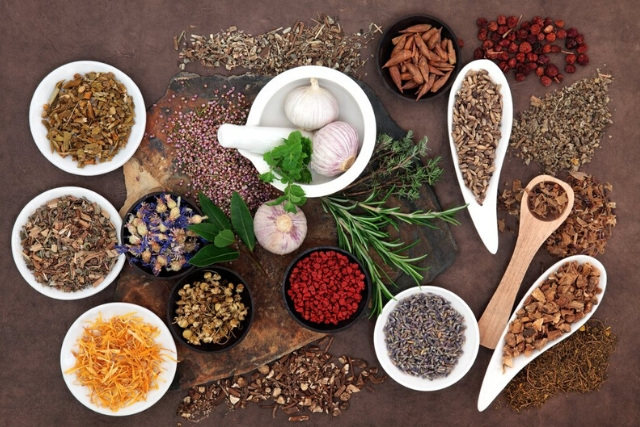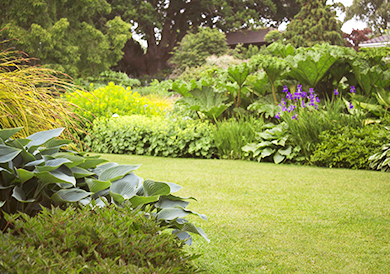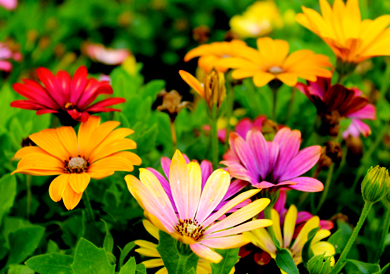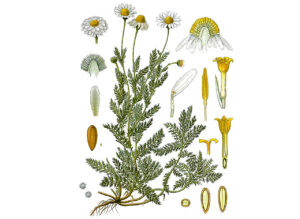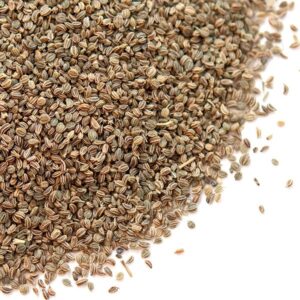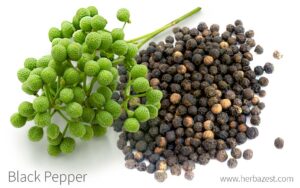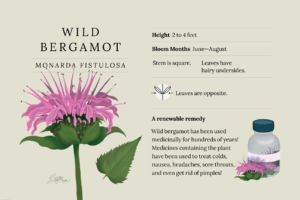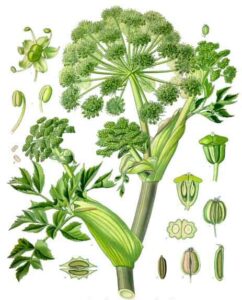
It's Time for You to Have
The Garden of Your Medicine
Ayurveda, rooted in ancient wisdom, offers natural remedies to heal and restore balance. Using the power of herbs, it provides a timeless approach to health, wellness, and harmony.
Ayurvedic Medicines
Ayurvedic medicines are a key part of Ayurveda, a traditional Indian system of medicine that has been practiced for thousands of years. These medicines are made from natural ingredients like herbs, minerals, and plant extracts. They aim to balance the body, mind, and spirit by focusing on the three doshas: Vata, Pitta, and Kapha, which represent different energies in the body.
This article reminds us of these traditional healing methods, focusing on preventing diseases and improving our health naturally through Ayurveda.
History of Ayurveda
Ayurveda was first mentioned in the Atharva Veda, where various diseases and their treatments were described. Later, between the 6th Century BC and the 7th Century AD, during the Samhita period, Ayurveda became more systematic and well-developed.
According to ancient texts, Ayurveda began about 5,000 years ago. The knowledge of herbs and healing was recorded by India's rishis (sages). Ayurveda is closely connected to the Vedas, especially the Atharva Veda, which focuses on living a healthy, balanced life and includes information on illnesses and their remedies.
The Divine Origins of Ayurveda
According to Hindu mythology, the creator - God Brahma created Ayurveda and shared his knowledge with his son, Daksha Prajapati. This wisdom was then passed on to the Vedic gods, the Ashwini Kumaras, who became the physicians of the gods and were revered as the "Devs" of Ayurveda.
The knowledge was later handed down to God Indra, who taught it to three key physicians: Acharya Divodas Dhanvantari, Acharya Bharadwaj, and Acharya Kashyapa. This flow of wisdom continued through generations.
From Acharya Bharadwaj’s teachings, his student Agnivesha compiled Ayurvedic texts on internal medicine. Acharya Charak, a disciple of Agnivesha, expanded and refined this work. Thus, the profound knowledge of Ayurveda was passed from gods to sages.
To ensure the survival of humanity, prevent suffering, and spread awareness, many rishis and munis dedicated their lives to documenting their findings in the Vedas. One such sage, Rishi Bharadwaj, made significant contributions to Ayurveda around 700 BC.
The Core Principles of Ayurveda
Ayurveda teaches that disease begins when the harmony between the body, mind, and surrounding environment is disturbed. When any of the five senses clash with the environment, it weakens the body, causing discomfort and opening the door for diseases. This creates a favorable condition for bacteria, viruses, and other pathogens, disrupting organ function, the nervous system, and the body's energy flow.
The solution lies in restoring harmony, as this is the fundamental principle of Ayurveda. Here are the three basic principles that always hold true:
- Prevention of Illness
- Harmony between Body, Mind, and Environment
- Healthy Nutrition, Daily Movements, and Herbal Remedies
Benefits:
- Natural Healing: Uses herbal remedies with minimal side effects.
- Holistic Approach: Treats the root cause rather than just symptoms.
- Personalized Treatment: Tailored to individual body types and imbalances.
Common Ayurvedic Remedies:
- Ashwagandha: Reduces stress and boosts energy.
- Turmeric: Anti-inflammatory and improves immunity.
- Triphala: Supports digestion and detoxification.
- Tulsi (Holy Basil): Enhances respiratory health and reduces infections.
Precautions:
- Consult a qualified practitioner before starting, as not all remedies suit everyone.
- Ensure the medicines are sourced from reputable providers to avoid contamination or improper formulations.
Ayurveda emphasizes lifestyle practices, including diet, yoga, and meditation, alongside its medicines for complete well-being.
Meet the Nature Halfway
01.
Design & Planting
Planting herbs like basil, mint, and rosemary creates a beautiful, aromatic space that’s both functional and decorative.
02.
Garden Care
Caring for an herb garden involves regular watering, pruning, and ensuring proper sunlight for healthy growth and vibrant flavors.
03.
Irrigation & Drainage
Proper irrigation and drainage ensure herbs get enough water without over-saturating the soil, promoting healthy roots and growth.
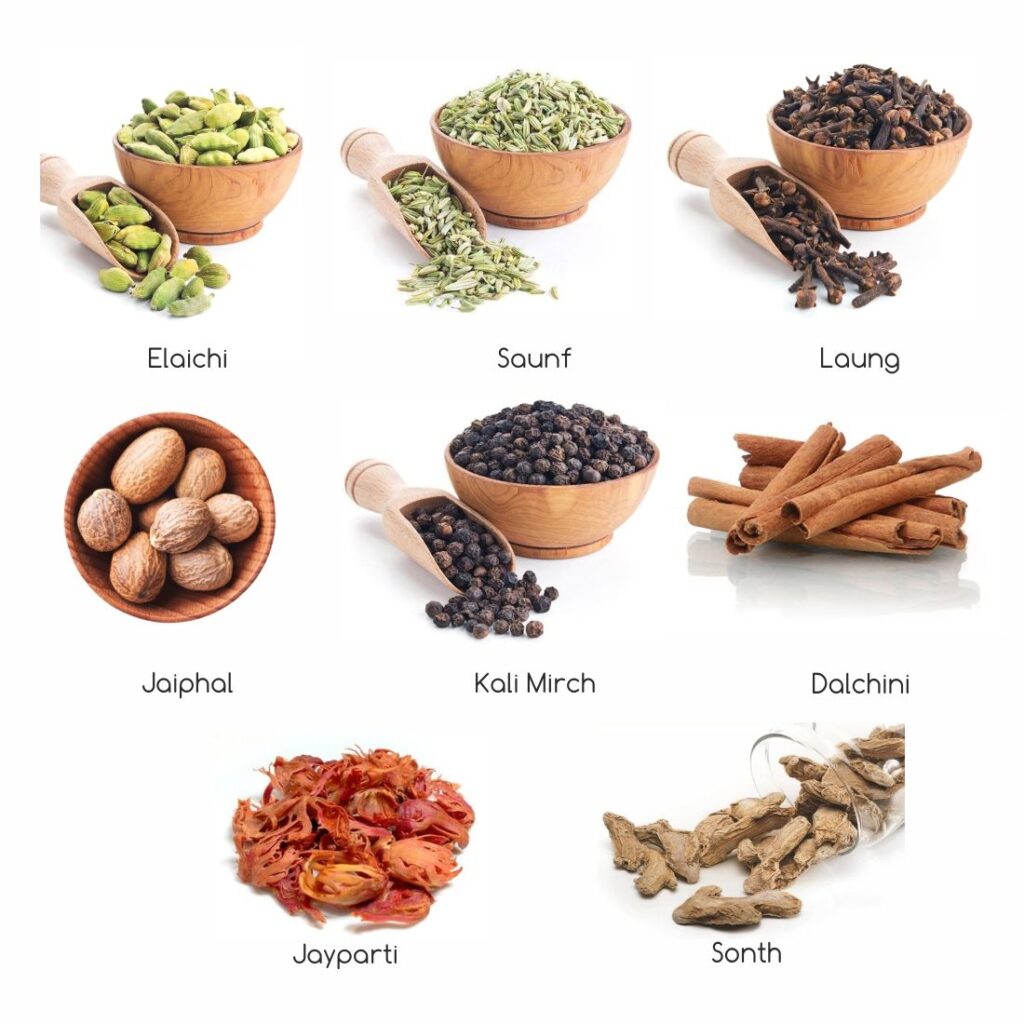
A Few Words on Herbs
Herbs and spices like Elaichi (cardamom), Saunf (fennel), Laung (clove), Jaiphal (nutmeg), Kali Mirch (black pepper), Dalchini (cinnamon), Jaypatri (mace), and Sonth (dry ginger) are nature’s treasures, known for their aromatic, medicinal, and culinary benefits.
These spices not only enhance the flavor of dishes but also promote health and well-being. Elaichi is known for its refreshing aroma and digestive properties, while Saunf is a natural mouth freshener and aids in digestion. Laung is a powerful antiseptic and pain reliever, especially for dental issues.
Jaiphal and Jaypatri come from the same fruit but offer unique flavors; Jaiphal is sweet and warm, while Jaypatri is delicate and floral. Dalchini is a popular spice for its sweet and woody flavor, with benefits like improving metabolism and blood sugar control. Kali Mirch adds spice and enhances immunity, while Sonth, with its warming properties, is excellent for colds and joint pain. Together, these herbs are staples in Indian kitchens and Ayurvedic remedies, offering a perfect balance of taste and health.
This Is Why
You Should Take Herbs
Natural Healing
Herbs are packed with essential compounds that help treat common ailments, providing a natural alternative to synthetic medications.
Boost Immunity
Many herbs, such as ginger and echinacea, are known to enhance the immune system, helping to prevent illness and promote overall health.
Promote Wellness
Herbs like peppermint and chamomile improve digestion, relieve stress, and support mental and physical balance for overall well-being.
Some of Our
Daily Plants & Herbs
Some of our daily plants and herbs, like tulsi, aloe vera, and mint, offer natural remedies and add freshness to our lives. They are easy to grow and provide numerous health benefits.
